It was October 31. Christianity’s ‘crusader-in-chief’ was on Air Force One to Palm Beach, Florida.
Suddenly, a story by Fox News, the No. 1 right-wing American media network consumed vigorously by Donald Trump, jolted him.
“Christianity is facing an existential threat in Nigeria. Thousands of Christians are being killed. Radical Islamists are responsible for this mass slaughter,” Trump posted on Truth Social after Air Force One landed.
After nine months of slumber in office, Potus was rattled and blew the bugle for saving Christians from “mass slaughter” in a country more than 10,000 km away.
Fox’s half-baked news story about how Nigerian jihadists, like Boko Haram, are targeting Christians had hit the bullseye—yet again.
Trump was enraged, immediately redesignating Nigeria a “country of particular concern” (CPC).
Under the International Religious Freedom Act (IRFA), 1998, the president is required to annually review the status of religious freedom in every country and designate each country the government of which has engaged in or tolerated “particularly severe violations of religious freedom” as a CPC.
The law defines particularly severe violations as “systematic, ongoing, egregious violations of religious freedom”, including violations such as torture; prolonged detention without charges; forced disappearance or other flagrant denial of life, liberty or security of persons.
“I am hereby making Nigeria a “COUNTRY OF PARTICULAR CONCERN” … The United States cannot stand by while such atrocities are happening in Nigeria and numerous other countries.”
Quick Reads
View AllOne week later, a usually maverick and reckless Trump threatened Nigeria using his typical teenage vocabulary.
Instructing the Department of War to prepare for possible military action against Nigerian terrorists, Trump posted: “It will be fast, vicious and sweet, just like the terrorist thugs attack our CHERISHED Christians! We are going to do things to Nigeria that Nigeria is not going to be happy about.”
Sweet! Which military action in the centuries-old history of warfare has ever been sweet or could be sweet?
In a Truth Social video, Trump vowed to “go into that now-disgraced country guns-a-blazing”. “They’re killing record numbers of Christians in Nigeria. …We’re not going to allow that to happen.”
One of Trump’s most vicious war dogs, defence secretary Pete Hegseth, replied in his usual obsequious way: “Yes, sir.”
“The killing of innocent Christians in Nigeria—and anywhere—must end immediately. The Department of War is preparing for action. Either the Nigerian government protects Christians, or we will kill the Islamic terrorists who are committing these horrible atrocities,” he posted on X.
‘Guns-a-blazing’ Only for Nigeria, not Pakistan
The US has designated several other nations, like Burma, China, Cuba, Iran, North Korea, Nicaragua, Russia, Saudi Arabia, Tajikistan, Turkmenistan and Pakistan, as CPCs.
Trump had designated Nigeria as a CPC in 2020 as well. Joe Biden removed the designation in 2021.
Trump’s redesignation of Nigeria as a CPC raises two questions.
A country “the government of which has engaged in or tolerated particularly severe violations of religious freedom” is tagged a CPC.
The words “the government of which” are the criterion used to designate a country as CPC.
First, according to the criterion, does it mean that the Bola Ahmed Tinubu-headed Nigerian government has engaged in violating the religious freedom of Christians by using “torture, prolonged detention without charges, forced disappearance and other flagrant denial of life, liberty or security”?
Second, according to Trump, Boko Haram and its splinter groups are slaughtering a “record number of Christians”. Does it mean that the Tinubu government is complicit in or has tolerated the alleged slaughter of Christians?
Tinubu rightly objected to Trump’s illogical and reckless tagging of Nigeria as a CPC.
“Nigeria stands firmly as a democracy governed by constitutional guarantees of religious liberty. Since 2023, our administration has maintained an open and active engagement with Christian and Muslim leaders alike and continues to address security challenges which affect citizens across faiths and regions,” he posted on X.
Nigeria, a multi-ethnic and multi-religious state, has Islam and Christianity as the two main religions. Muslims and Christians comprise around 50 per cent each of Nigeria’s 230 million population.
Though the Constitution doesn’t expressly proclaim Nigeria to be a secular state, the country has no official state religion. Section 10 states: “The Government of the Federation or a State shall not adopt any religion as a State Religion.”
The Constitution also ensures the freedom to practise and propagate one’s religion. Section 38 (1) states: “Every person shall be entitled to freedom of thought, conscience and religion […] and freedom […] to manifest and propagate his religion or belief in worship, teaching, practice and observance.”
Though 12 Muslim-majority northern states have incorporated Sharia courts into their legal systems, their governors argue that Sharia doesn’t apply to non-Muslims.
Trump’s sudden and extreme concern for Nigerian Christians contrasts sharply with the American silence regarding the community’s persecution in decades-old ally Pakistan.
Christians merely accused or suspected of blasphemy have been targeted for years by mobs emboldened by the Pakistan Penal Code’s dreaded Sections 295-B and 295-C, or the blasphemy law, added under dictator General Zia-ul-Haq.
Pakistan’s blasphemy law literally eggs on private individuals or groups to punish people at will.
Section 295-B states, “Whoever wilfully defiles, damages or desecrates a copy of the Holy Quran or of an extract therefrom or uses it in any derogatory manner or for any unlawful purpose shall be punishable with imprisonment for life.”
Section 295-C states: “Whoever by words, either spoken or written, or by visible representation or by any imputation, innuendo, or insinuation, directly or indirectly, defiles the sacred name of the Holy Prophet Muhammad (peace be upon him) shall be punished with death, or imprisonment for life, and shall also be liable to fine.”
On May 25, 2024, a huge mob brutally attacked 74-year-old Lazar (Nazir) Masih in the predominantly Christian community of Sargodha after he was accused of desecrating the Quran. Masih died in a hospital a few days later.
In June, the same year, the United States Commission on International Religious Freedom (USCIRF), an independent, bipartisan legislative branch agency created by IRFA, said in a report that Pakistan’s draconian blasphemy law “signals to society that alleged blasphemers deserve severe punishment, which emboldens private individuals and groups to take matters into their own hands”.
“The brutal killing of Lazar Masih is an alarming reminder of the dangers of merely being suspected or accused of blasphemy in Pakistan,” said USCIRF’s then-chair Stephen Schneck.
USCIRF’s then-vice-chair Eric Ueland said, “There has been an increase in blasphemy cases in Pakistan … We urge the US government to quickly and strongly raise these concerns with Pakistani officials.”
On August 16, 2023, 26 churches were burnt by supporters of the banned far-right party Tehreek-e-Labbaik Pakistan in Jaranwala, Punjab, over allegations that a Christian man had desecrated the Quran.
In its 2024 Annual Report, USCIRF recommended the US redesignate Pakistan as a CPC for “engaging in systematic, ongoing and egregious violations of religious freedom”.
Pakistan remains on the CPC list, but Trump doesn’t want to go in with guns blazing.
Terrorism & Christian ‘Slaughter’ in Nigeria
Nigeria has been plagued by terrorism since 2002, when Boko Haram, a Sunni terrorist organisation notorious for deadly suicide bombings and armed assaults, was formed. The group rejects ”democracy, secularism and Western influence” and seeks to establish an Islamic state.
Currently, the three main terrorist groups in Nigeria are Boko Haram and its splinter groups, Islamic State-West African Province and Ansaru. Boko Haram and IS-WAP are engaged in a turf war, with the latest clash killing 200 terrorists.
According to the 2025 Global Terrorism Index, Nigeria was ranked sixth with a score of 7.658, up from eighth place in 2023 and 2024.
With 565 deaths last year, 2024 was the bloodiest year since 2020 as Boko Haram and IS-WAP clashed, accounting for almost 60 per cent of all terrorism-related deaths. Civilians accounted for 62 per cent of all deaths, a massive increase from 21 per cent in 2023.
Are most terrorism victims in Nigeria Christians?
Trump’s allegation of a Christian slaughter, the CPC tag and the threat of military action against Nigeria have their roots in Republican representative (West Virginia) Riley Moore’s allegation about the “alarming and ongoing persecution of Christians” in the West African nation.
In October, Moore sent a letter to Secretary of State and acting NSA Marco Rubio, urging the Trump administration to take “immediate action to address the systematic persecution and slaughter of Christians in Nigeria”.
According to Moore, Nigeria is becoming “the deadliest place in the world to be a Christian”.
“More than 7,000 Christians have been killed in Nigeria in 2025 alone—an average of 35 per day—with hundreds more kidnapped, tortured or displaced by extremist groups such as Boko Haram, ISIS West Africa and the Fulani militants,” he wrote.
Without specifying or providing links, Moore further alleged that reports “indicate that between 50,000 and 100,000 Christians have been killed and more than 19,000 Christian churches have been attacked or destroyed since 2009”.
Republican senator (Texas) Ted Cruz had made a similar outrageous allegation on X: “Since 2009, over 50,000 Christians in Nigeria have been massacred, and over 18,000 churches and 2,000 Christian schools have been destroyed.”
Moore thanked Trump after he redesignated Nigeria as a CPC. “I want to sincerely thank President Trump for his incredible leadership and decisive action to designate Nigeria as a Country of Particular Concern. … Nigeria is, by far, the deadliest country in the world to be a Christian.”
The allegations are based on data provided by the International Society for Civil Liberties and Rule of Law (InterSociety), an NGO monitoring and tracking human rights abuses in Nigeria.
In its August report, a collection of previous and updated data, InterSociety claimed that terrorists had killed 100,000 Christians from 2009 to 2025 without sharing an itemised list of sources with the BBC. The NGO also claimed that more than 7,000 Christians were killed between January and August by citing 70 media reports. However, around 50 per cent of these reports didn’t mention the religious identity of the victims, the BBC found.
The allegations by Trump and other lawmakers are not true, at least data-wise.
North Nigeria is predominantly Muslim, and Christians are concentrated in the south. Boko Haram and IS-WAP operate in northeast Nigeria, and Ansaru in the central region.
Both Muslims and Christians have been killed by terrorists since 2009.
In April, around 40 people were killed in a Christian-majority farming village in the north. In June, 100 people were killed in a terrorist attack in the the town of Yelewata.
Figures provided by Armed Conflict Location and Event Data (ACLED), an independent violence monitor, prove that the numbers quoted by Moore and Cruz (50,000 Christians killed in the last 16 years) are incorrect.
Around 53,000 civilians, both Muslims and Christians, have been killed and 4 million displaced from 2009 to 2025, per ACLED. However, going by the data quoted by the two Congressmen, 50,000 of the total number killed were Christians.
From January 2020 to September 2025, 20,409 civilians were killed, of which only 317 were Christians, according to ACLED.
The African Union Commission has contradicted Trump’s claim of “slaughtering” of Christians in Nigeria.
“The complexity of the situation in northern Nigeria should push us to think twice before making such statements,” the Commission’s chair, Mahamoud Ali Youssouf, said during a press conference in New York on November 12.
“The first victims of Boko Haram are Muslims, not Christians,” he added.
Christians or Crude Oil in Nigeria?
The US president has a range of 15 options to deal with a CPC, including diplomatic action, public condemnation, withdrawal of assistance and economic sanctions.
These options include, for example, withdrawing, limiting or suspending development assistance; prohibiting extensions of credit under the Export-Import Bank; withdrawing, limiting or suspending security assistance; and barring American financial institutions from granting loans of more than $10 million annually.
Trump has threatened military action against Nigeria without exploring these options.
Is Trump seriously concerned about Nigerian Christians or eyeing its crude oil—like in Venezuela, having the world’s largest oil reserves, which he could attack any moment on the pathetic excuse of restoring democracy and combating drug trafficking?
Nigeria, the largest oil producer in Africa and the 10th largest in the world, has around 37 billion barrels of proven oil reserves (around 2.25 per cent of the world’s total oil reserves).
Of the top five African nations in Opec, Nigeria produced the most oil in September, at 1,517 thousand barrels per day (bpd), followed by Libya (1,318), Algeria (951), the Democratic Republic of Congo (260) and Gabon (225).
However, Nigeria relies on imported fuel and refined petroleum products, especially from the West. Nigeria sends oil to the UK, Spain, the Netherlands and mainly the US for refining and then buys it at higher prices.
Now, Nigeria wants to end its reliance on the West. On October 21, Tinubu signed off on a 15 per cent import duty on petrol and diesel to boost domestic refining.
At the centre of Nigeria’s efforts to end dependence on refined petroleum products is Dangote Petroleum Refinery, the largest in Africa, owned by the continent’s richest person, billionaire Aliko Dangote.
The 650,000-bpd refinery, built for $20 billion, started operations in Lagos in January 2024.
In August 2024, Bloomberg reported that Nigeria was turning into an “Oil Market Juggernaut” with the Dangote refinery establishing the African nation as a major influencer and a potential disruptor for Europe.
Now, Dangote plans to expand its capacity to 1.4 million bpd. “When it is completed, this will be the largest refinery ever built at a single site, surpassing India’s Jamnagar refinery,” Dangote told the media last month.
The refinery has already exported 1 million tonnes of petrol this year, thousands of metric tonnes of gasoline to Asia, two consignments of jet fuel to Saudi Arabia’s Aramco and 1.7 million barrels of jet fuel to US ports.
In August, Nigeria became the first African nation to export gasoline to the US—around 320,000 barrels.
Regarding refined petroleum products, Dangote refinery has “flipped the formula on Americans”, according to Sharmine Narwani, a Beirut-based writer and analyst of West Asian geopolitics, and a columnist at The Cradle.
In February and March, the US exported more crude oil to Nigeria—111,000 bpd and 169,000 bpd, respectively, compared to imports of 54,000 bpd and 72,000 bpd. The reason was decreased US refinery demand and increased demand from the Dangote refinery.
Gradually, Nigeria is becoming a major producer and exporter of refined petroleum products.
In a January report, Opec said that the Dangote refinery was impacting Europe’s gasoline market.
“The ongoing operational ramp-up efforts at Nigeria’s new Dangote refinery and its gasoline (petrol) exports to the international market will likely weigh further on the European gasoline market,” per the report.
“Continued gasoline production in Nigeria, a country that has relied heavily on imports to meet its domestic fuel needs in the past, will most likely continue to free up gasoline volumes in international markets, which will call for new destinations and flow adjustments for the extra volumes going forward.”
The West, especially the US, will be extremely concerned about this trade reversal as Dangote, with a capacity more than the 10 largest refineries in Europe combined, disrupts old supply chains and redefines the rules of global energy markets.
“Why is Trump talking about Nigeria now?” asked Narwani. “It’s oil, lithium and rare earths.”
(The writer is a freelance journalist with more than two decades of experience and comments primarily on foreign affairs. He tweets as @FightTheBigots. Views expressed in the above piece are personal and solely those of the writer. They do not necessarily reflect Firstpost’s views.)


)
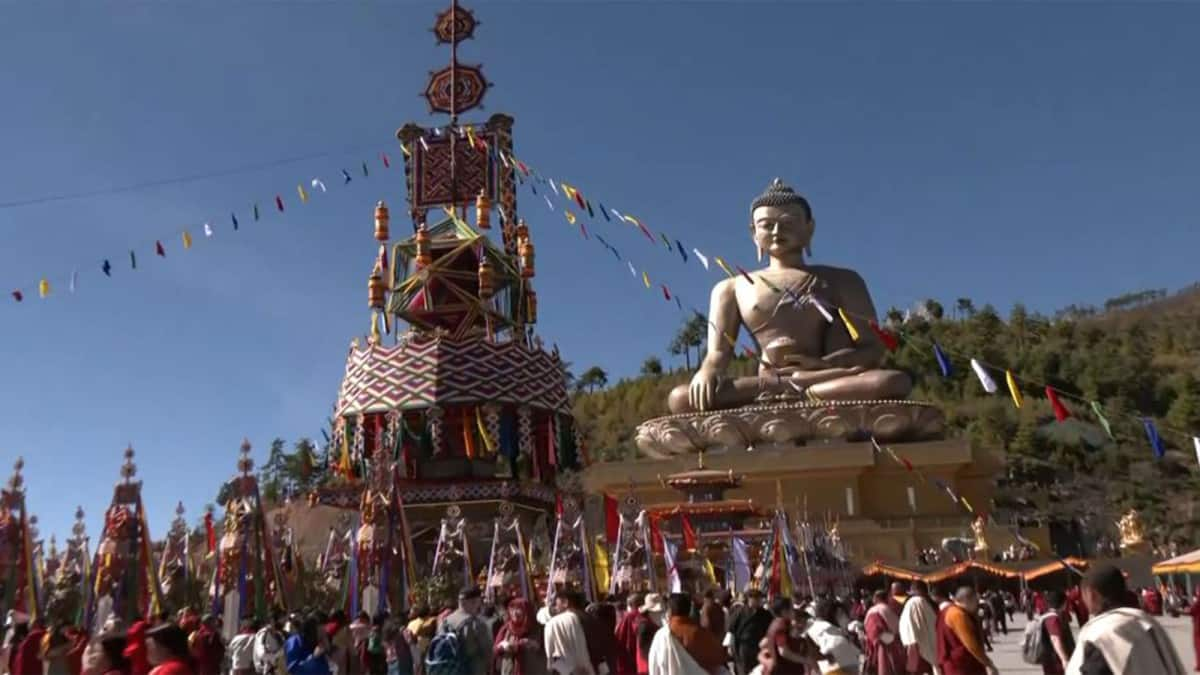
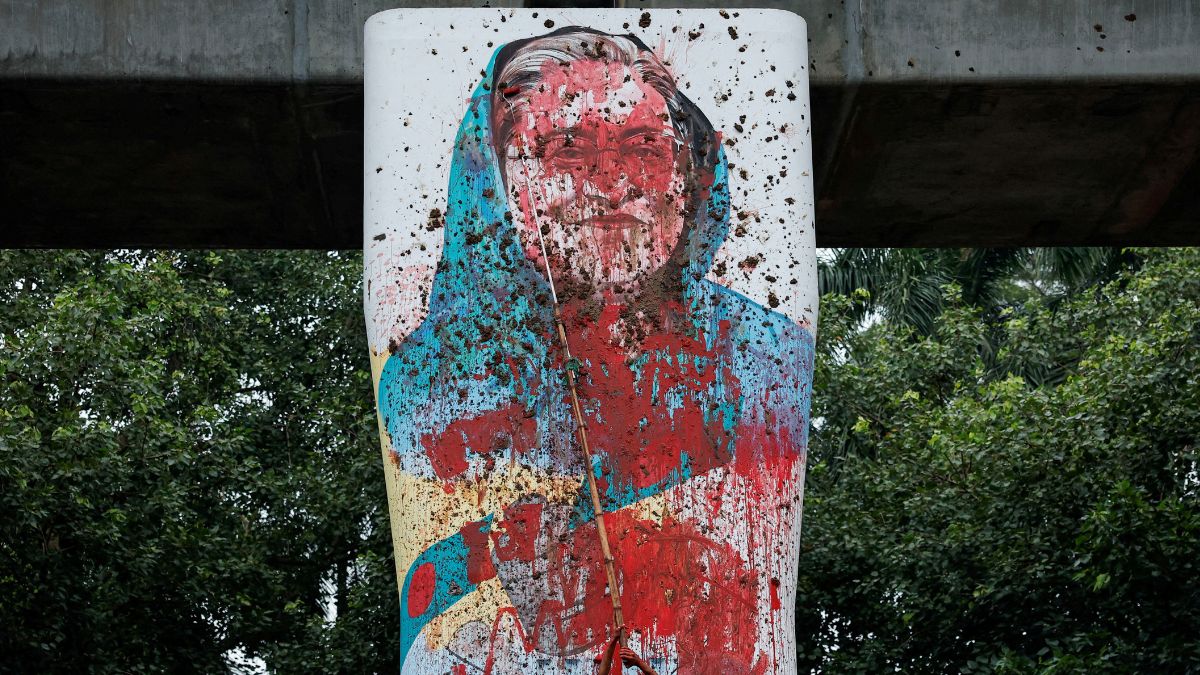)
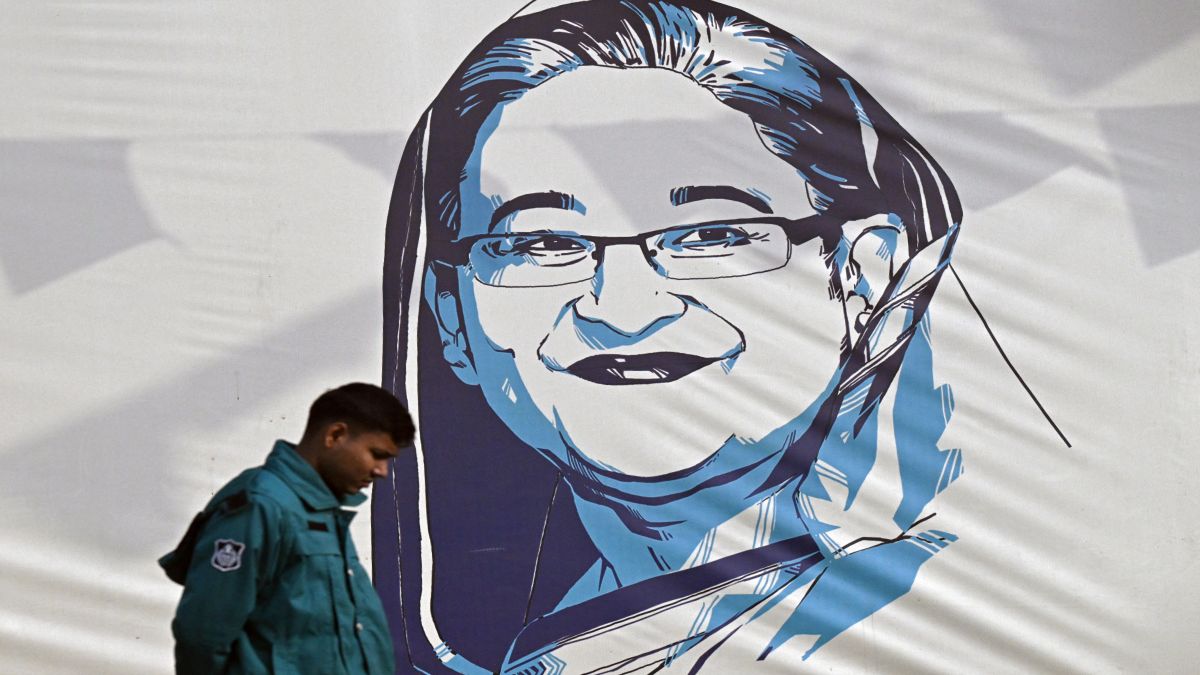)
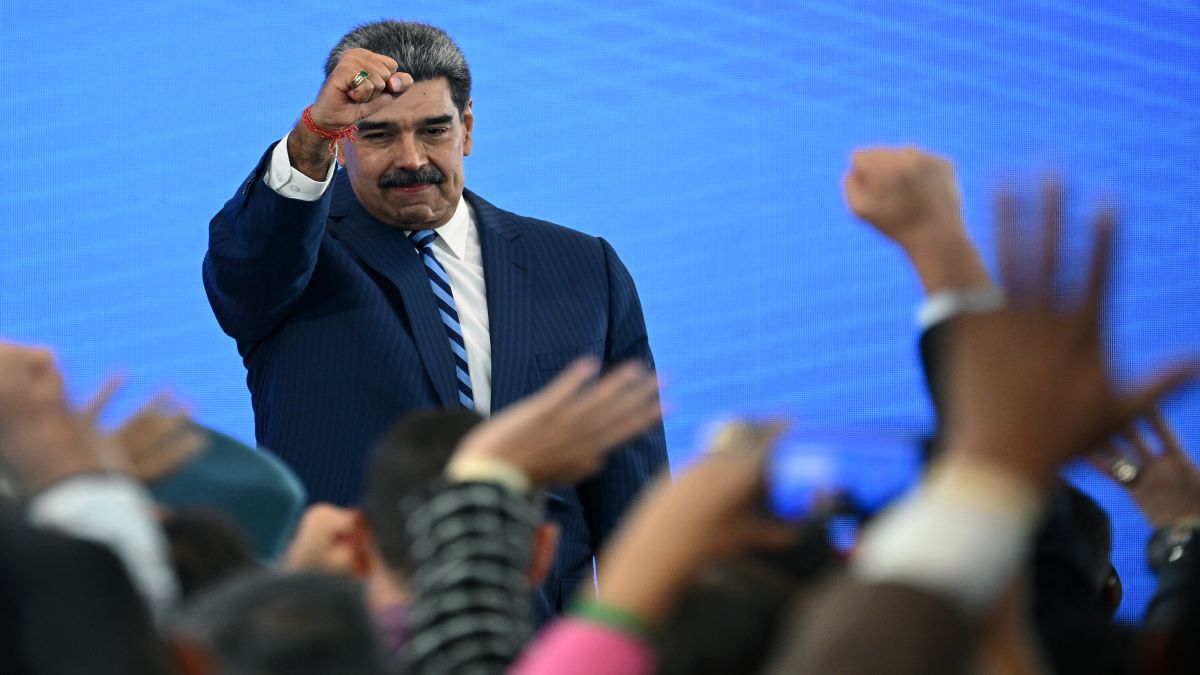)
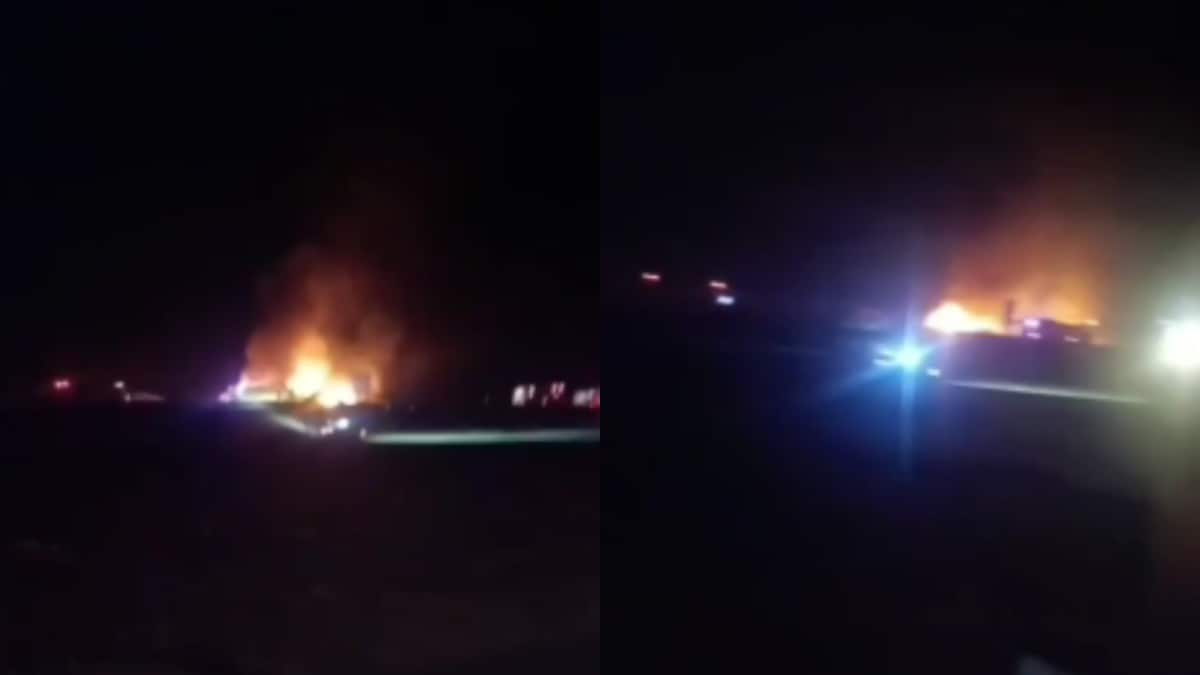)
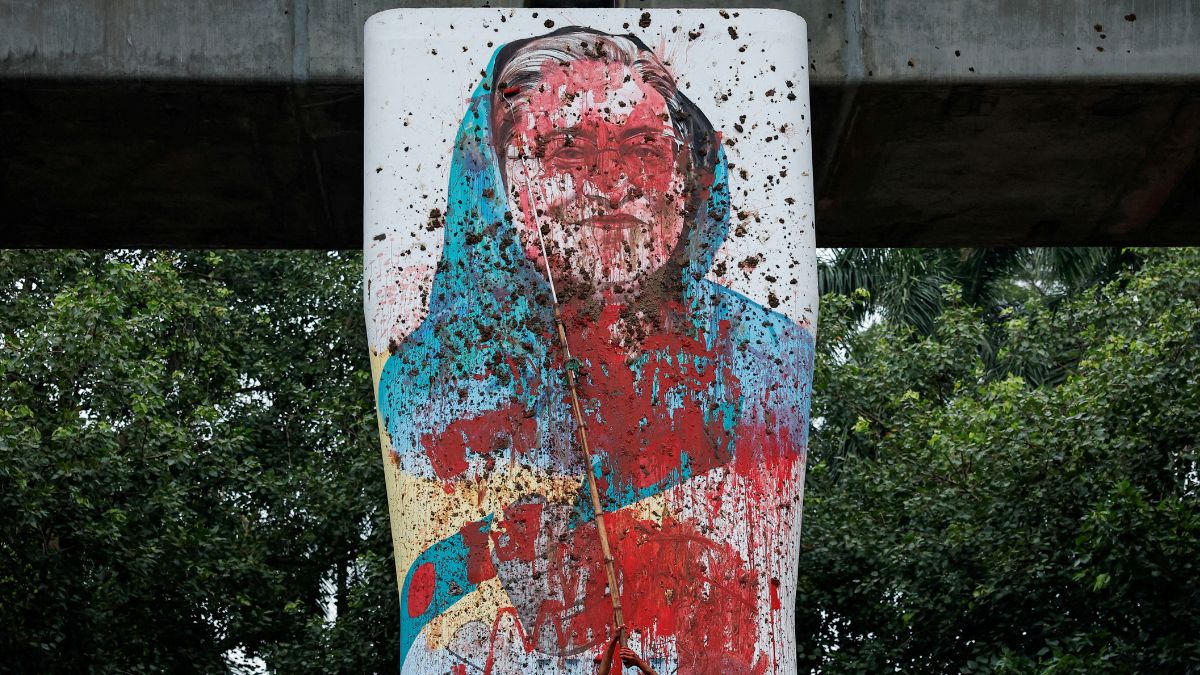)
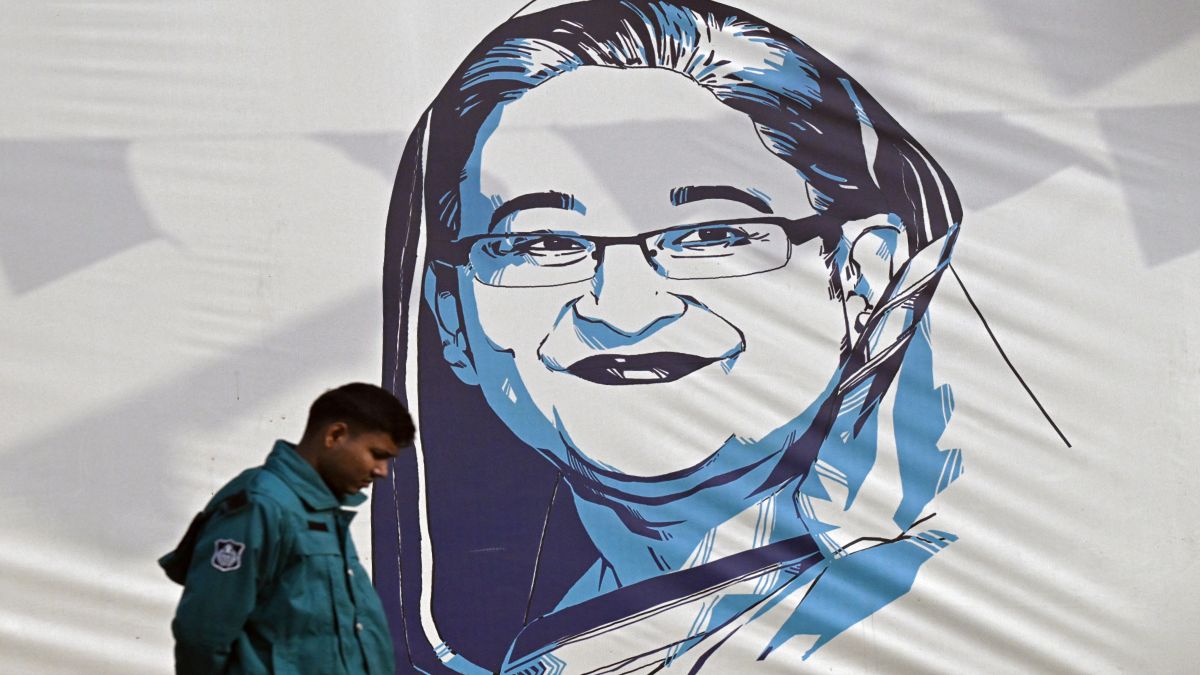)
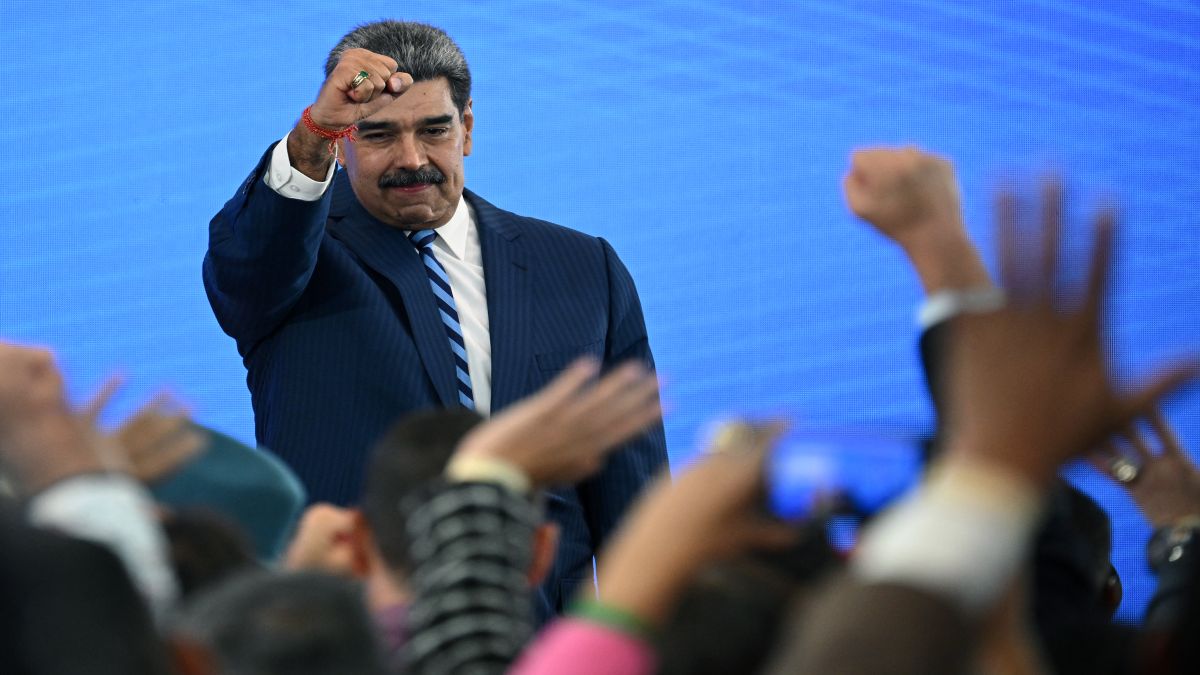)
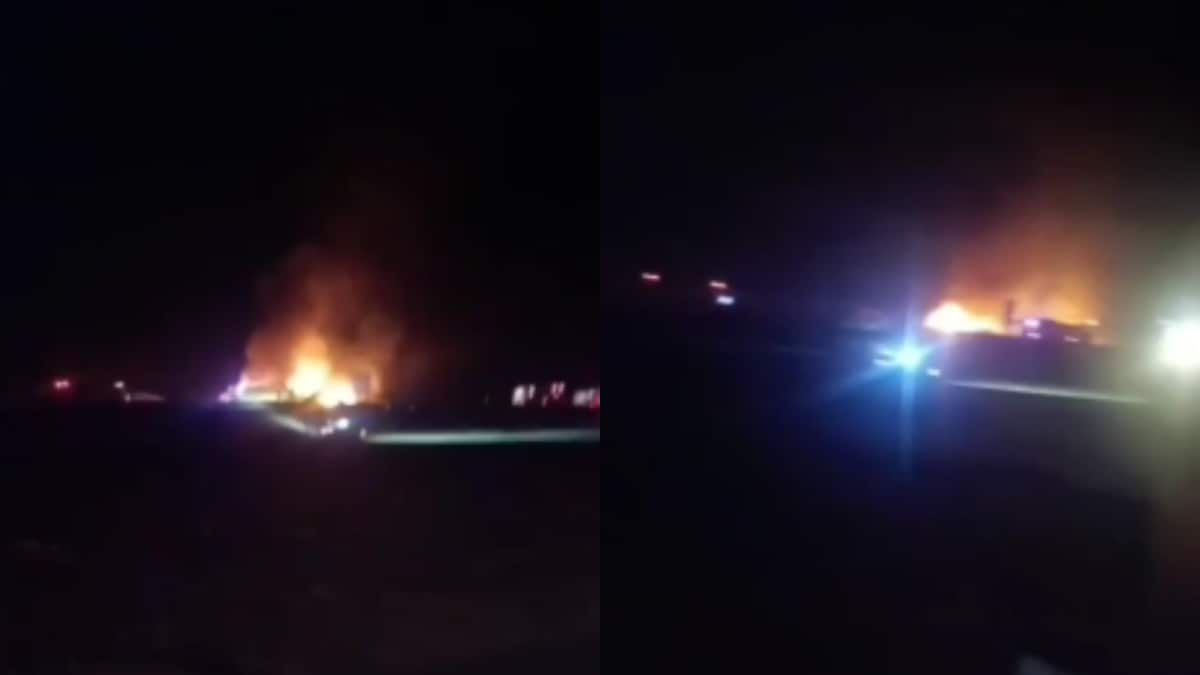)



